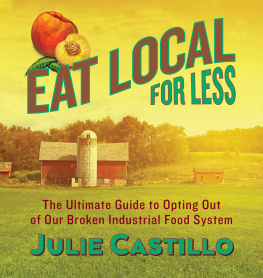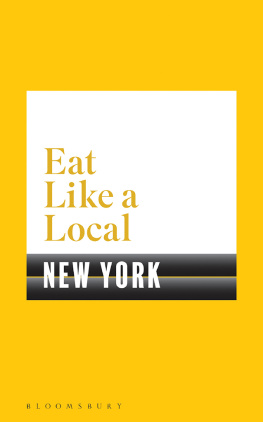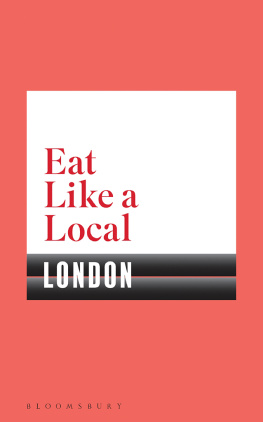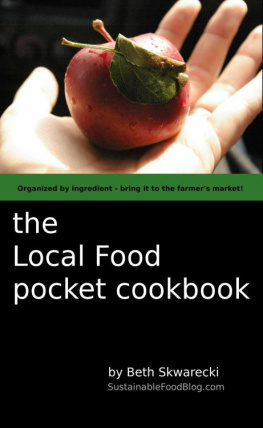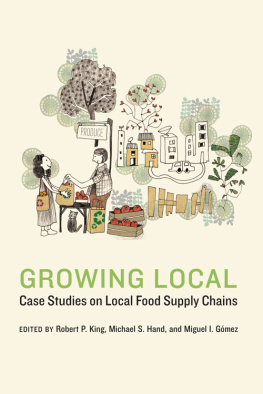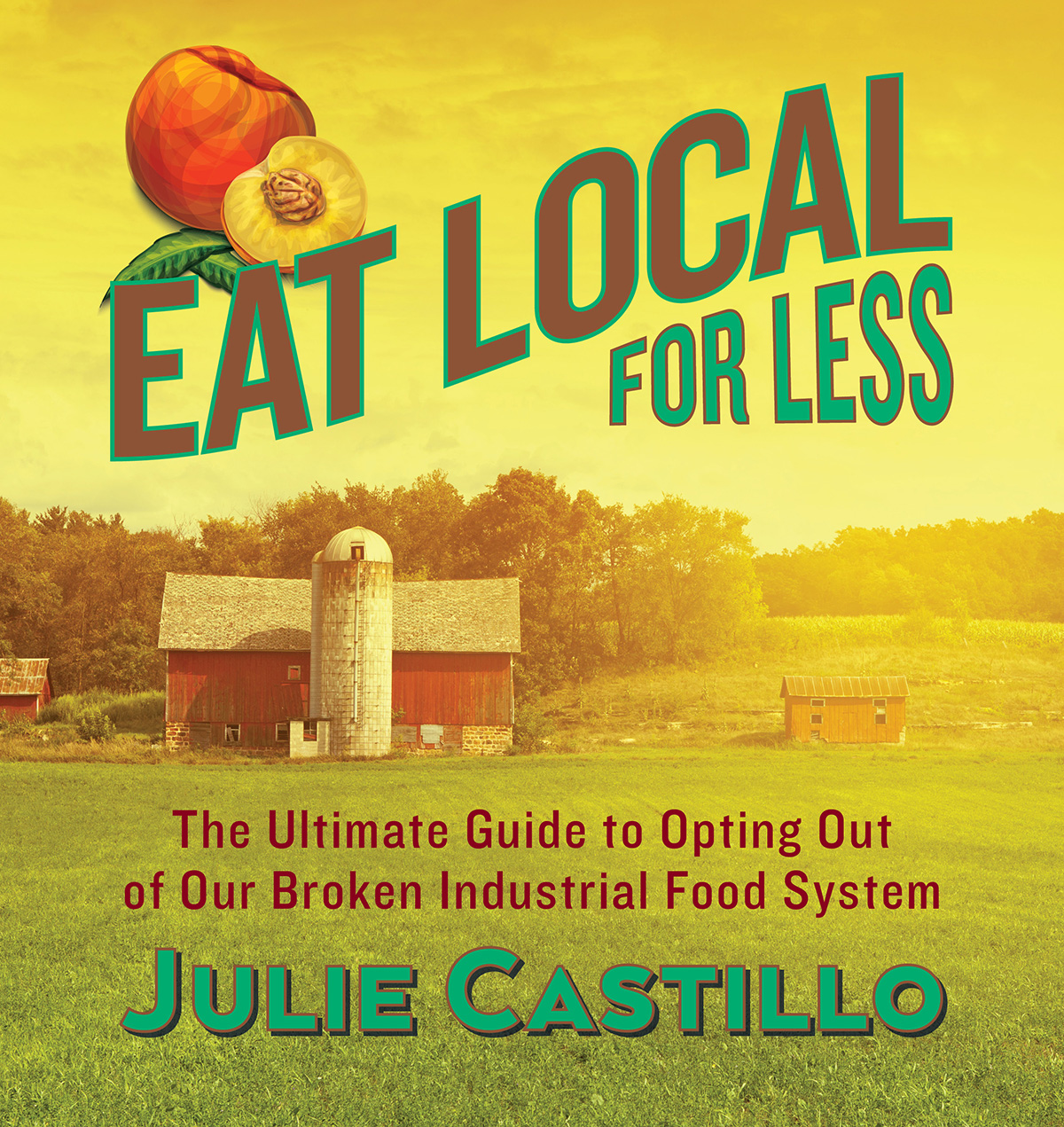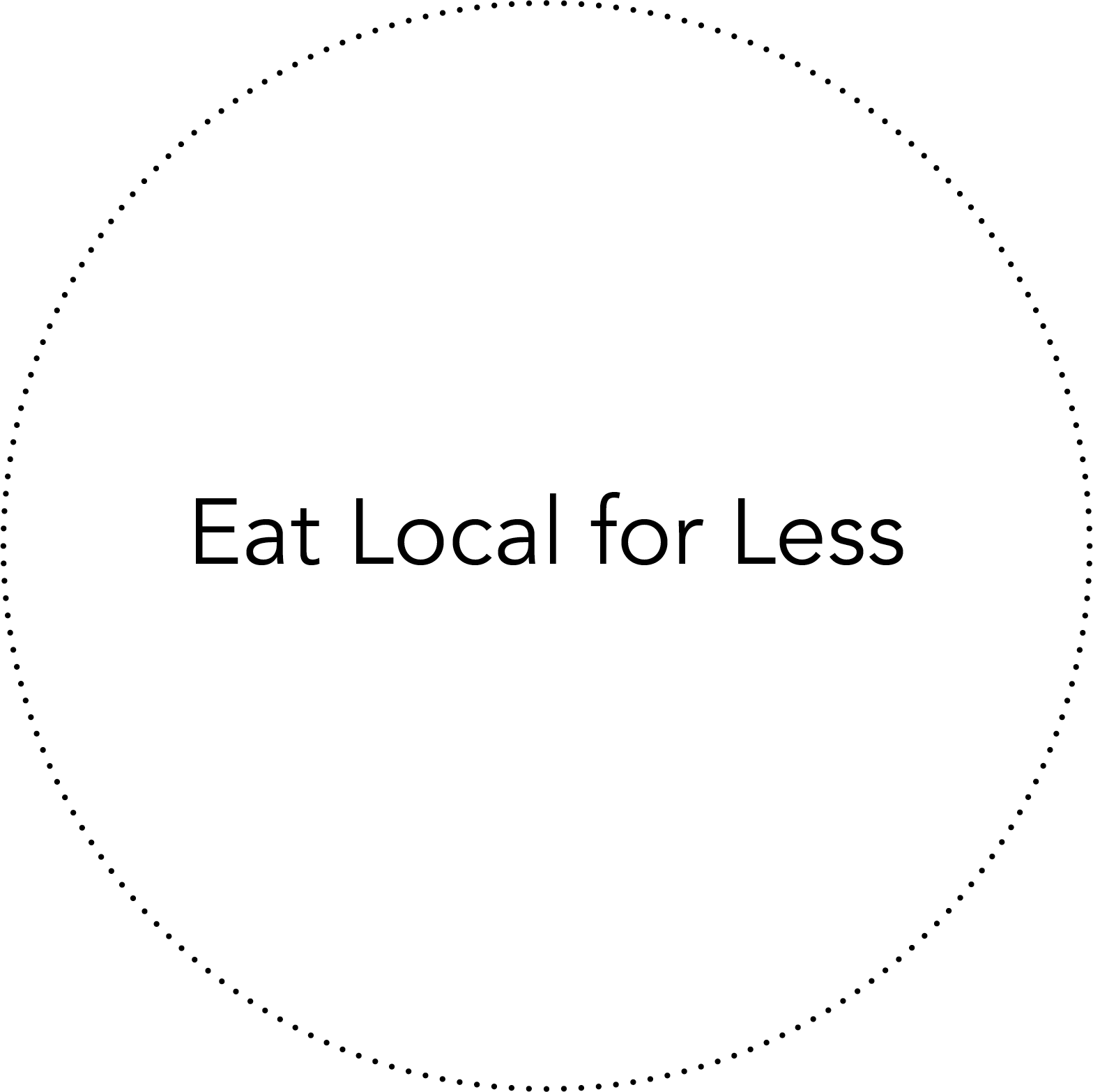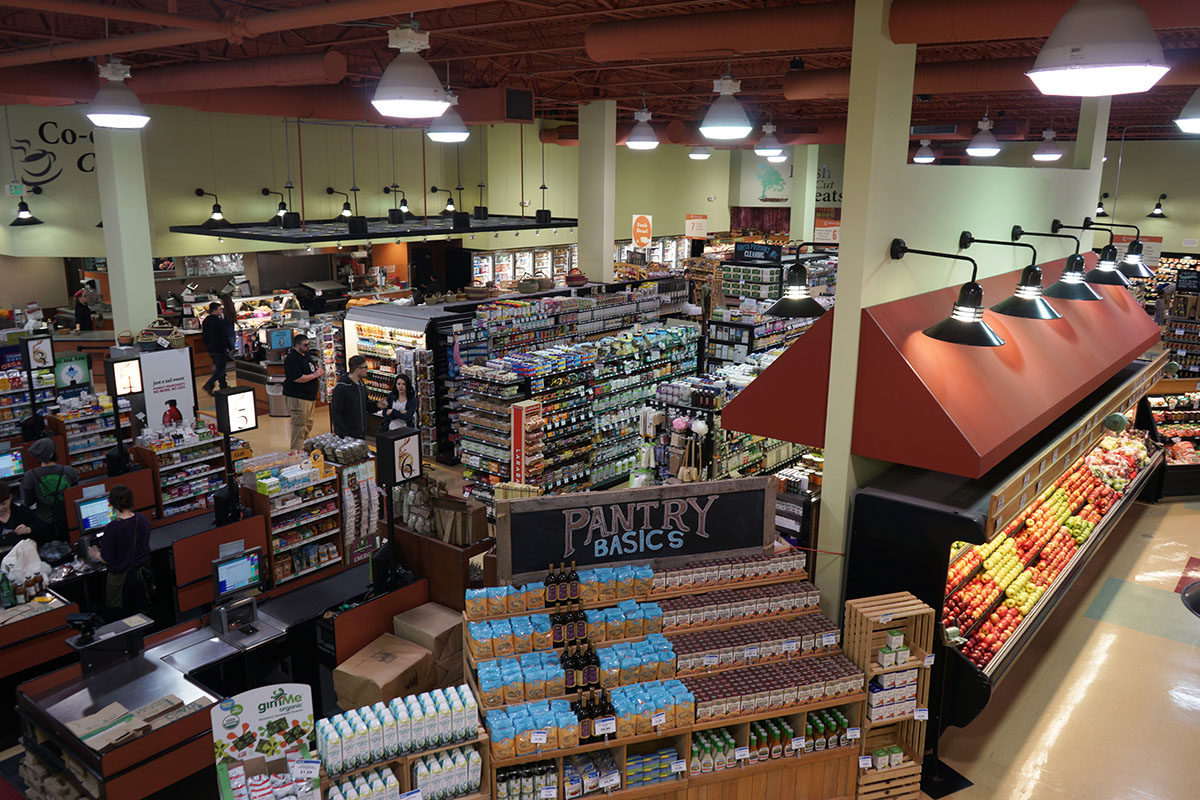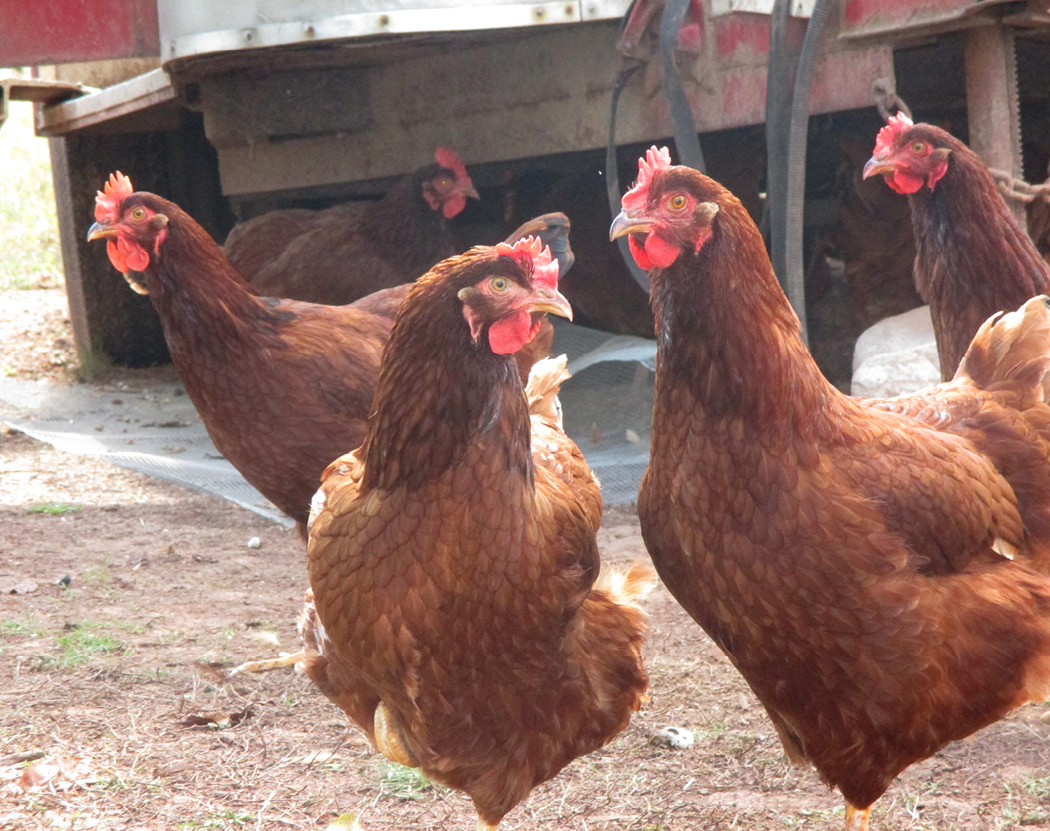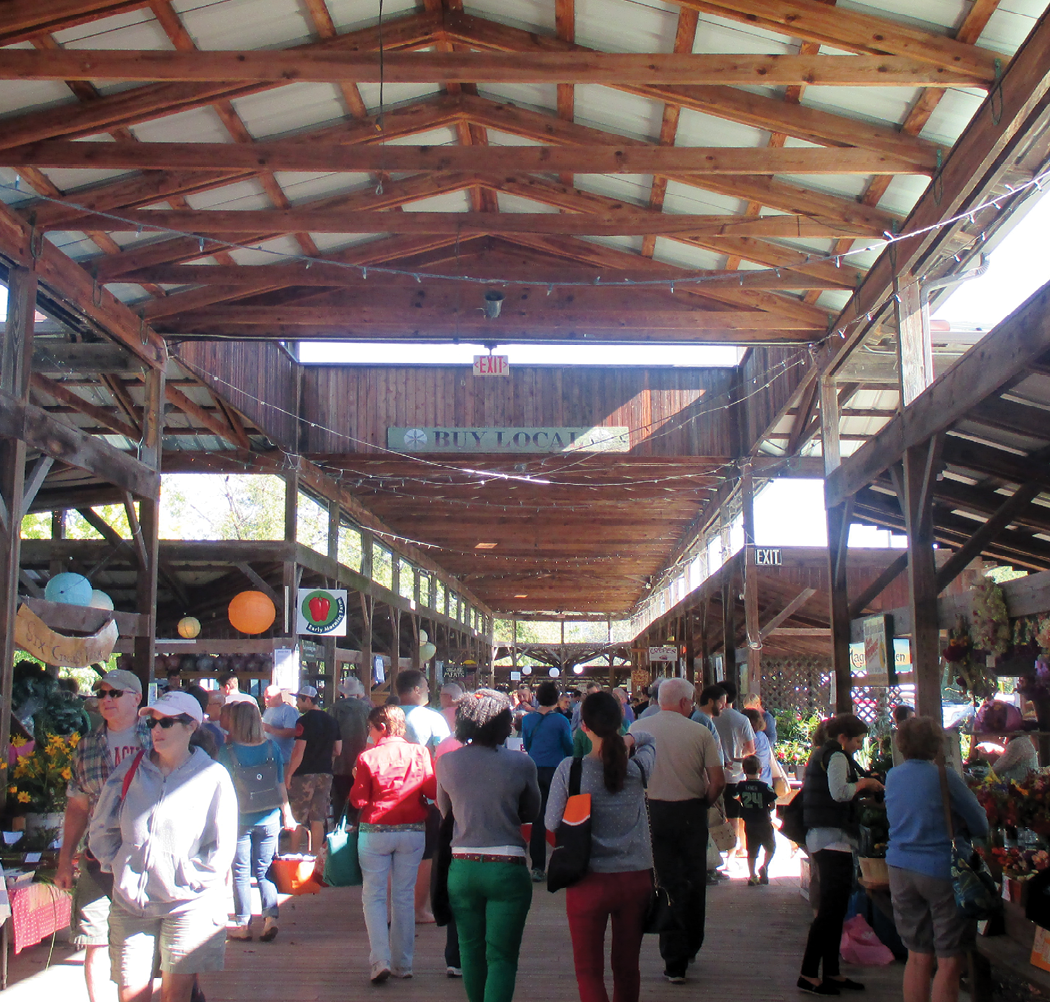The Ithaca Farmers Market in Ithaca, N.Y. has been a local food destination since 1973.
First Thoughts
Thinking of Opting Out?
Tell me what you eat, and I will tell you what you are. Jean Anthelme Brillat-Savarin
D o you eat?
This was how my husbands Uncle Nick welcomed me into his house the first time I met himhis standard words of salutation, I learned later, usually followed by, Do you like meat? Cause thats all we got here.
His greeting was at once disarming and charming. It made for instant rapport with anyone who walked in his door because, well, who doesnt love to eat? Uncle Nick followed up the introductions by sitting me down to a heaping plate of homemade tostones and Puerto Rican style braised pork shoulder. Two minutes after I walked in the door, I was part of the family.
For humans, eating is not just a means to sustenance. Its also an expression of kinship. It connects us to each other: as Uncle Nick knows, we all eat, and we like to do it together. Anthropology, the scientific study of human beings, tells us that food is a key to understanding the structure of any society. How a group of people obtains its food influences everything from its art, music, gender roles, and family life to its political structure, economic system, and religion. Our foodways define who we are. For humans, and no other creature that we know of, it also carries meaning. What we eat, how we eat, and even when we eat make a statement about the worldview we share.
So here we are, more than 317 million twenty-first century Americans. What do our foodways say about us? According to a study published by the National Institutes of Health, we eat approximately five billion fast food hamburgers a year. Nearly every car sold in the United States today comes standard-equipped with several soft drink holders, and the national auto parts retailer Pep Boys will even sell you a french fry holder to go along with it. One in three American children is overweight. American adults eat approximately 150 pounds of sugar every year of their lives. According to the New York University Medical Center, family dinners have declined by 33 percent since the 1960s. Nearly half of us eat our meals alone. TV screens have become ubiquitous, not just in homes, but in many restaurants, blotting out with their incessant chatter all possibility of enjoying a quiet conversation with loved ones over dinner.
Do we like this picture of ourselves? Are the American foodways filling us with joy, bringing us closer together, bolstering our economic security, or providing us with robust health?
I m guessing that this book caught your attention partly because the romance has gone out of your relationship with food. You probably have a childhood memory of biting into a ruby red tomato and having the taste explode on your tongue, yet the things they call by the same name in the grocery store today are insipid mush. Youve thought, maybe its because Im getting old and my taste buds are dying. Maybe its because the universe is in entropy and tomatoes have lost their tomato-ness. Or maybe, youve concluded, its not your fault or the tomatoes fault at all. Perhaps the blame lies with the massive corporations who grow tomatoes with the same conveyor-belt efficiency as the folks who manufacture tires or assemble microwave ovens.
Its probably not just the taste of your food that has you concerned. If youre like me, you get an ice-cold knot in your stomach when you read that, according to the Centers for Disease Control and Prevention, six hundred thousand Americans die from heart disease each year, or that 35.9 percent of American adults are obese. We are facing significant numbers of cases of high blood pressure, stroke, colorectal cancer, and diabetes. Whats causing this? Could there be a connection between the state of our health and the food were eating?
Youre also probably aware that weve got even bigger problems looming: the way were living is messing up our atmosphere, wrecking the fertility of our soil, and polluting our water and air. We are looking at a near future that could be dominated by climate change, rising energy costs, and shortages of everything from arable land to drinking water. Here, too, could these foreshadowed global crises have anything to do with the way we produce our food?

